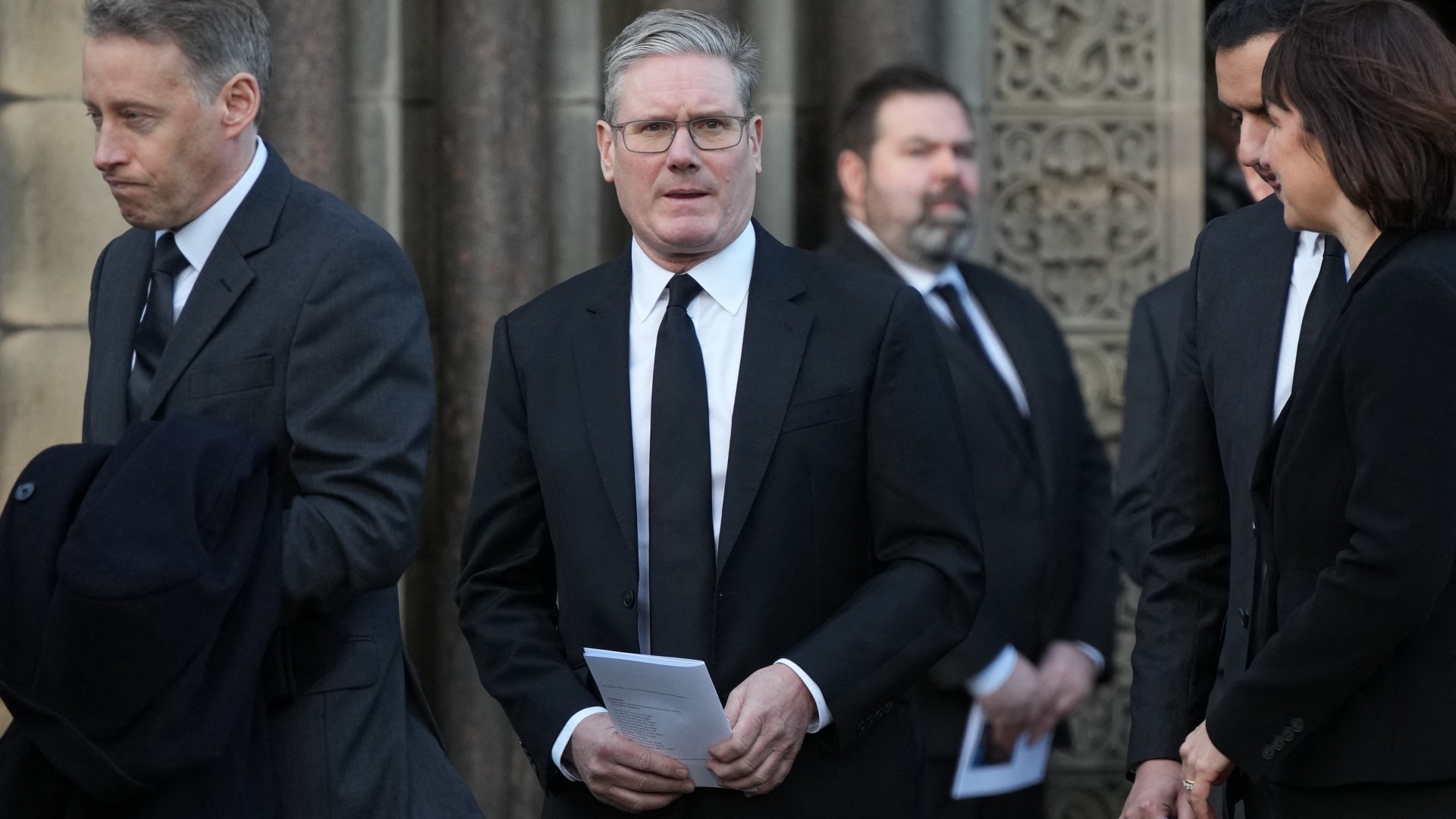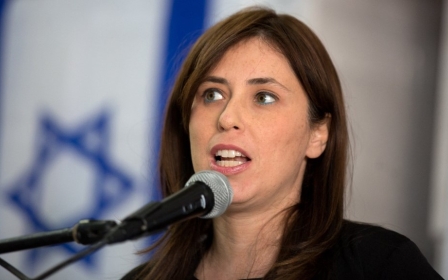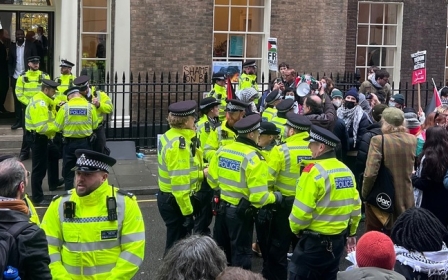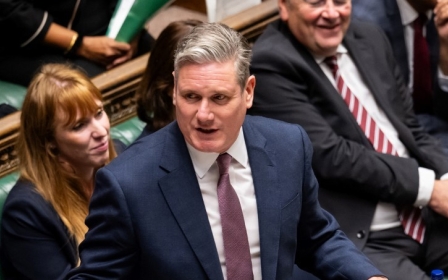UK: Labour Muslim Network pressures Starmer to cut ties with Israeli ambassador

A Labour Muslim group has called on Keir Starmer to cut ties with Israel’s ambassador to the UK, Tzipi Hotovely, after she said in an interview last week that Israel would not accept a Palestinian state when the 7 October Israel-Gaza war ends.
The Labour Muslim Network, which works to promote British Muslim engagement with the Labour Party, said the ambassador’s comments were “clearly Islamophobic”.
“The right of self determination for Palestinians and an independent Palestinian state has been a long-standing position for the Labour Party, for the United Kingdom and for the international community,” the letter said.
“To deny the right of Palestine to exist as an independent state is not only an extremist position, but also completely contrary to international consensus.”
The network said Hotovely’s comments joined a long line of senior Israeli officials and members of the government who had made statements that were “genocidal in nature” towards the Palestinian people.
'To deny the right of Palestine to exist as an independent state is not only an extremist position, but also contrary to international consensus'
- Labour Muslim Network
In an interview with Piers Morgan, Mark Regev, a senior adviser to the Israeli prime minister, refused to answer whether Palestinians deserved statehood. Instead, he quoted Yitzhak Rabin, the former prime minister of Israel at the time of the signing of the Oslo Accords who was later assassinated, who said that the "Palestinians will have less than a state".
“Associating with such individuals or endorsing their views in any way is not only Islamophobic and morally reprehensible but also poses a significant risk to the Labour Party's integrity and our commitment to human rights and international law,” the letter said.
“We are therefore writing to you as leader of the Labour Party with the expectation that no further engagements be made or platforms shared by Labour Party representatives with the current Israeli ambassador,” the letter added.
In an interview with Sky News last week, Israel's ambassador to the UK said her country would not accept a two-state solution when the war in Gaza ends.
When pressed on the question of Palestinians having their own state, Hotovely, who previously served as deputy foreign minister to Israeli Prime Minister Benjamin Netanyahu, told Sky News journalist Mark Austin: "The answer is absolutely no.
"Israel knows today, and the world should know now that the Palestinians never wanted to have a state next to Israel,” Hotovely said when asked by Austin about how there can be peace without a Palestinian state.
"They want to have a state from the river to the sea. They are saying it loud and clear,” she added.
'Greater Israel'
Hotovely’s comments are not new. In 2013, when she was a member of the Knesset, the Israeli parliament, Hotovely previously wrote a policy paper titled "The five-stage plan for the Greater Land of Israel", outlining the steps Israel should take to prevent a Palestinian state.
"The long years of propaganda for the vision of 'two states for two peoples' have obstructed the most basic desire harboured by a majority of Israeli citizens - not to give up territory that was conquered through blood," Hotovely wrote in the essay translated by Na'amod, a UK-based Jewish organisation that opposes the Israeli occupation of Palestinian land.
Since the start of the 7 October war, over 19,700 Palestinians have been killed, the majority being women and children, according to Gaza health ministry figures. Around 1.9 million people, or about 85 percent of Gaza's population, have been forced to flee their homes.
Speaking to MEE, the Labour Muslim Network said that the ambassador was “no partner in peace”.
"Any Labour representatives that shares engagements and/or platforms with Ms Hotovely would not only be legitimising her extreme positions, but could also be violating our Islamophobia code of conduct,” the letter concluded.
Middle East Eye propose une couverture et une analyse indépendantes et incomparables du Moyen-Orient, de l’Afrique du Nord et d’autres régions du monde. Pour en savoir plus sur la reprise de ce contenu et les frais qui s’appliquent, veuillez remplir ce formulaire [en anglais]. Pour en savoir plus sur MEE, cliquez ici [en anglais].




